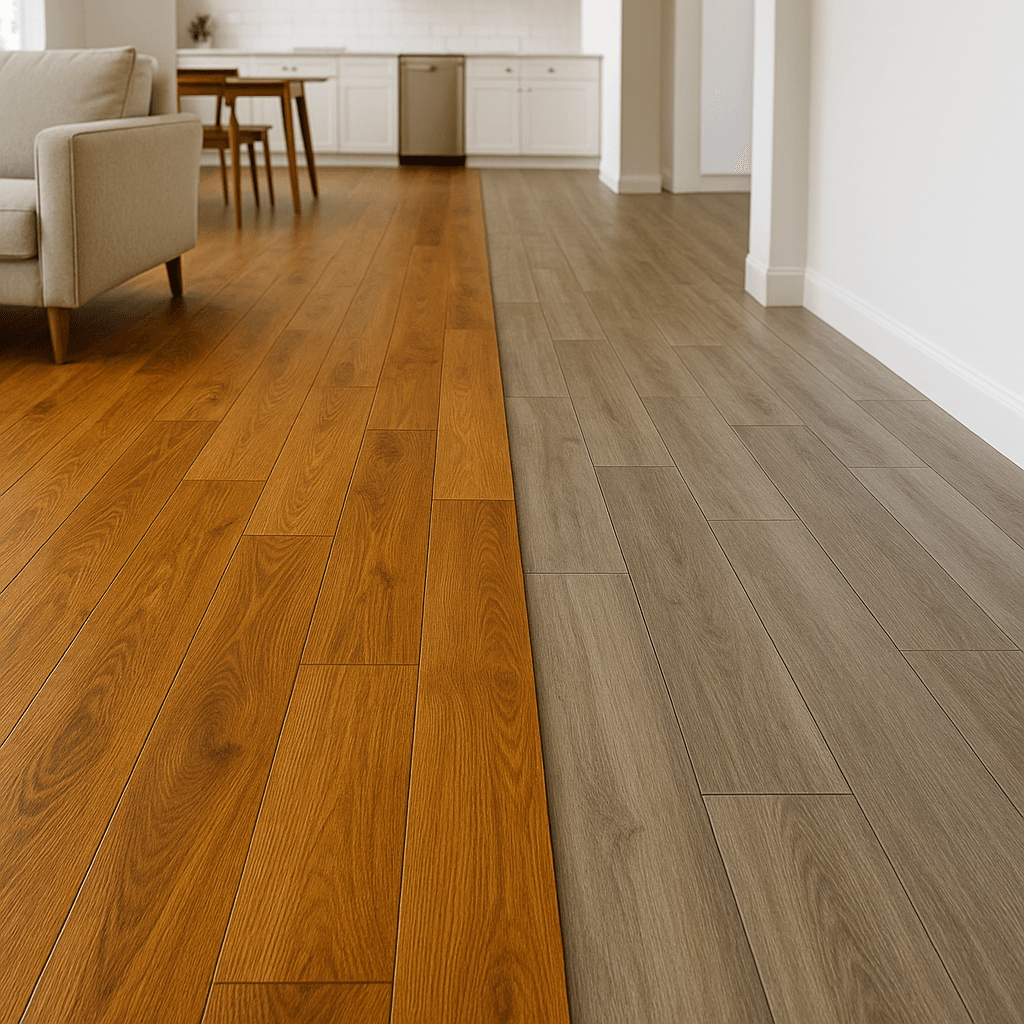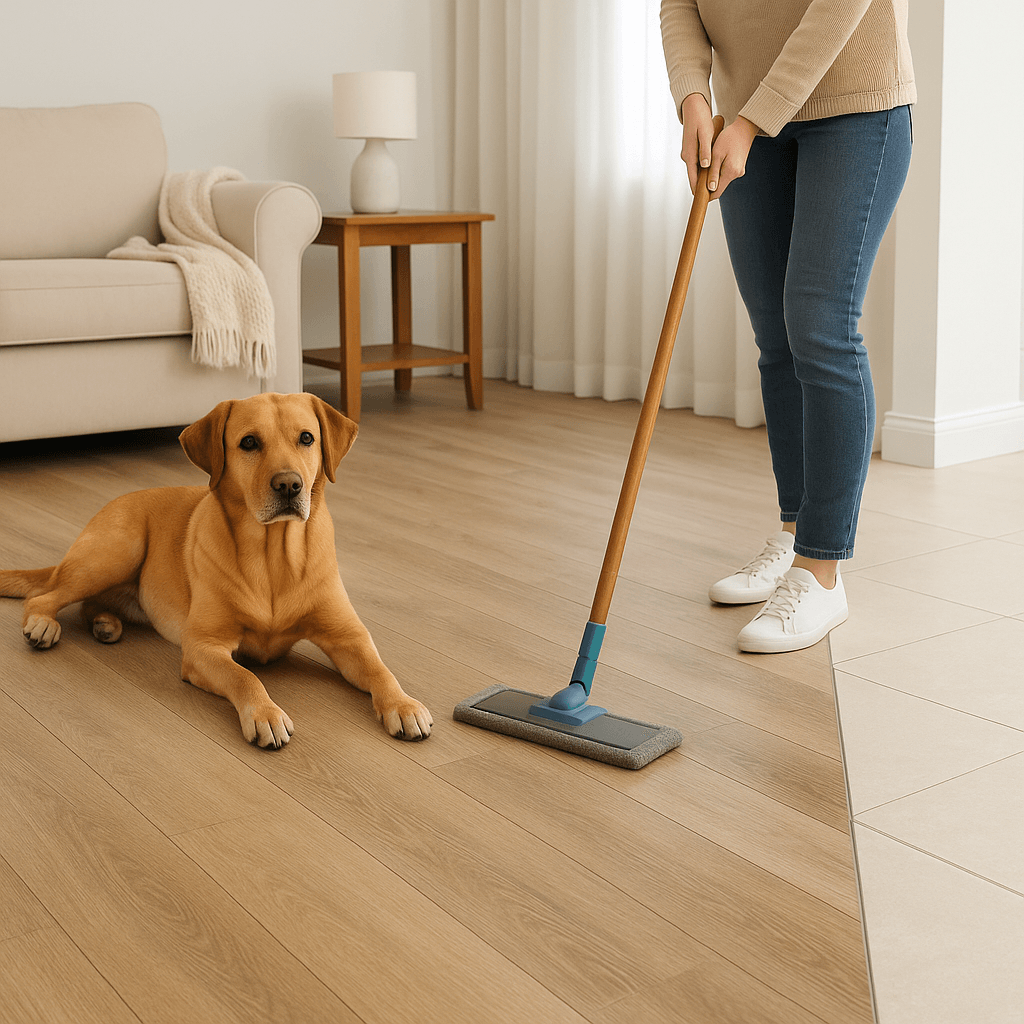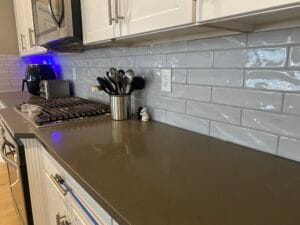When updating your home or business, flooring plays a crucial role in shaping the space’s style, comfort, and durability. Today’s market offers a wide range of options, with Luxury Vinyl Plank (LVP) flooring standing out as a popular modern solution. But how does LVP flooring compare to traditional flooring choices like hardwood, tile, and laminate? In this guide, we’ll explore the pros and cons of each option and help you decide which is best for your project.
What Is Luxury Vinyl Plank (LVP) Flooring?
Luxury Vinyl Plank (LVP) is a modern, durable flooring option designed to replicate the look of hardwood flooring while offering superior performance. It consists of multiple layers, including a waterproof core, a high-resolution image layer that mimics real wood, and a protective wear layer that provides scratch-resistant flooring durability.
LVP flooring is favored for its waterproof flooring properties, ease of maintenance, and ability to withstand daily wear. Its versatility makes it ideal for both residential flooring and commercial flooring applications.
Comparing LVP to Hardwood Flooring
Hardwood flooring is the classic choice for timeless elegance and natural beauty. It offers unmatched flooring aesthetics and can enhance property value. However, hardwood requires regular flooring maintenance, is prone to moisture damage, and typically comes at a higher flooring cost.

LVP flooring delivers many of the same visual benefits as hardwood but with improved flooring performance in high-moisture areas such as kitchens and bathrooms. It is also more budget-friendly flooring and far easier to maintain. For homeowners seeking the look of wood with less upkeep, LVP is an excellent choice.
Comparing LVP to Tile Flooring
Tile flooring is another traditional flooring option valued for its durability and waterproof qualities. It excels in high-traffic areas and offers nearly endless flooring styles and designs.
However, tile can be cold and hard underfoot and requires grout maintenance to preserve its appearance. LVP flooring offers a warmer, more comfortable surface while still providing excellent waterproof protection. It is also quicker and less costly to install, making it a great alternative for those who want the performance of tile with easier upkeep.
Comparing LVP to Laminate Flooring
Laminate flooring has long been a go-to budget-friendly flooring option for homeowners seeking a wood-like appearance. It offers solid scratch-resistant performance and is relatively affordable.
However, traditional laminate flooring lacks true waterproof capabilities, limiting its use in moisture-prone areas. Luxury Vinyl Plank surpasses laminate in both water resistance and overall flooring lifespan, making it a better long-term investment—especially in homes with kids or pets.
Ease of Installation
One of LVP flooring’s biggest advantages is its ease of installation. Many products feature a click-lock system that allows for floating floor installation with minimal tools. This reduces labor costs and project time, making LVP ideal for home improvement projects with tight schedules.
By comparison, hardwood flooring and tile flooring require more intensive flooring installation processes, often involving adhesives, nails, or grout. Working with a professional flooring contractor ensures the best results regardless of your choice, but LVP’s simplicity offers notable advantages for quick turnarounds.
Flooring Maintenance and Lifespan
Luxury Vinyl Plank is exceptionally easy to maintain. Regular sweeping and occasional damp mopping are all that’s needed to keep it looking great. It is also a highly pet-friendly flooring option thanks to its scratch-resistant surface and resilience against accidents.

Traditional flooring options like hardwood and tile can last decades but require more intensive flooring maintenance to preserve their beauty and performance. For those seeking a low-maintenance solution with excellent flooring durability, LVP flooring is hard to beat.
Balancing Style and Performance
Both modern flooring trends and classic tastes are supported by today’s wide range of flooring options. Whether you want a sleek contemporary look or a traditional aesthetic, LVP flooring can deliver the desired flooring styles with greater flexibility and performance.
By contrast, hardwood offers unmatched authenticity, while tile provides an elegant, durable surface ideal for certain settings. Your choice should reflect your design goals, lifestyle needs, and maintenance expectations.
Conclusion
Choosing between Luxury Vinyl Plank and traditional flooring depends on your specific priorities. If you want waterproof, scratch-resistant, and budget-friendly flooring with easy maintenance, LVP flooring is an excellent solution for both residential and commercial spaces. For those seeking the timeless beauty of hardwood or the strength of tile, traditional flooring remains a solid option—especially when installed by a skilled flooring contractor.
For expert guidance and professional installation in Las Vegas, visit The Hanson Company — your local partner for premium flooring options and expert flooring contractor services.
Ready to explore the perfect flooring for your space? Contact us today to schedule your free flooring estimate and discover whether Luxury Vinyl Plank or traditional flooring is the right fit for your next project.



